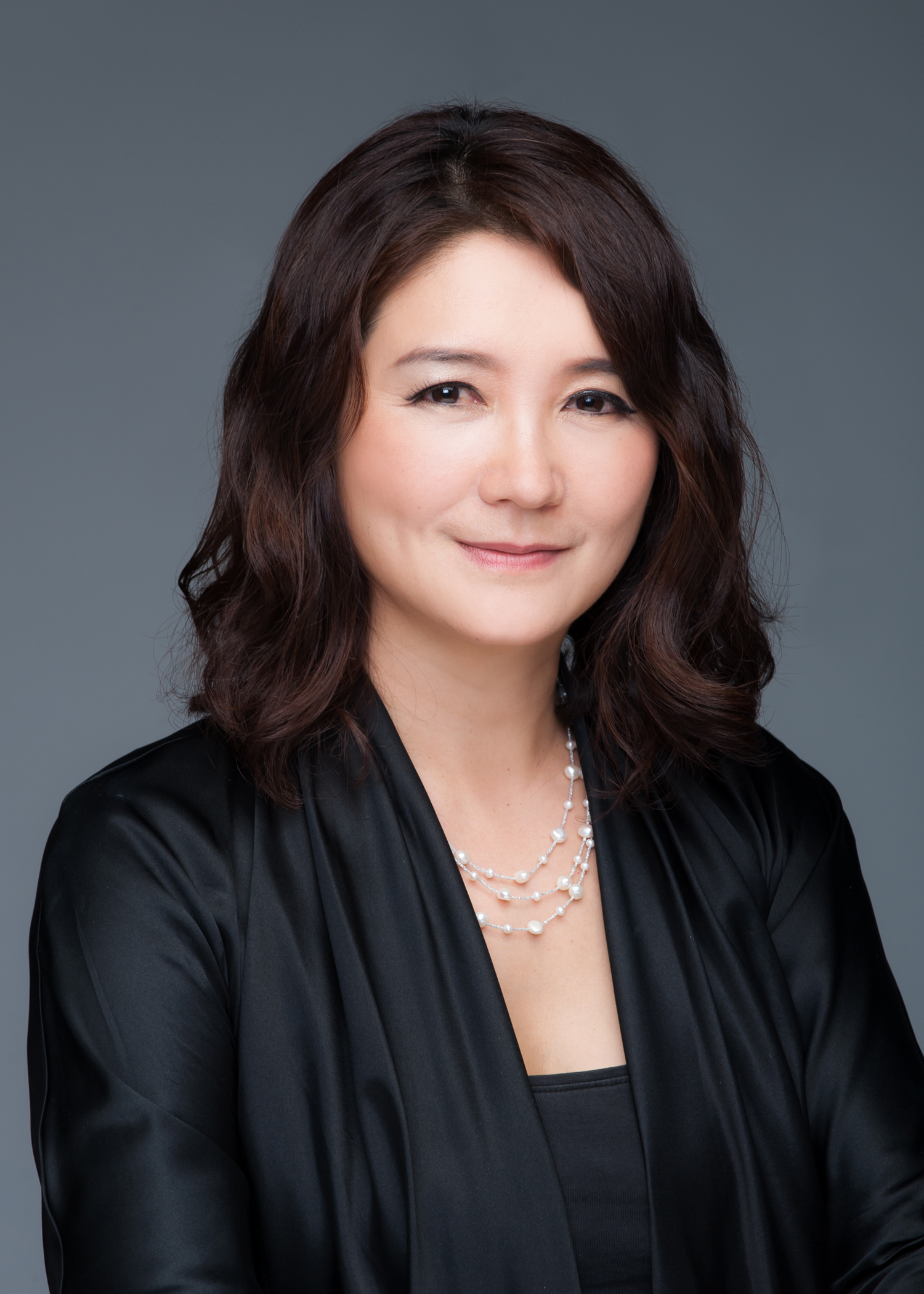- 한국어
- English
- 日本語
- 中文
- العربية
- Español
- Français
- Deutsch
- Pусский
- Tiếng Việt
- Indonesian
By Honorary Reporter Ishani Ghosh from U.S.
Photo = Suk-Young Kim

Professor Suk-Young Kim
Kim Suk-young is the head of theater and performance studies at the School of Theater, Film and Television at the University of California-Los Angeles (UCLA). She earned her bachelor's and master's degrees in Slavic literature from Korea University, a Ph.D. in Slavic languages and literature from the University of Illinois-Chicago, and another doctorate in interdisciplinary theater and drama from Northwestern University.
In this phone interview held on Sept. 28, Kim discusses her journey and research in Korean studies, facets of K-pop and K-dramas, and advice to students in her field.
You have written articles and op-eds and given video lectures and interviews on K-pop. You say researching the dynamics of K-pop fandom is difficult. Why?
I can't say I've fully delved into K-pop fandom studies because it's difficult; it needs a lot of field research and ethnographic engagement with the fans. You need time and patience, which are luxuries I couldn't really afford due to my job.
Some say Korean pop, movies and dramas are a fad, but Korean cultural content has had a presence in Asia for a while. What makes Hallyu so attractive abroad?
For East or Southeast Asian fans, they share much cultural affinity. For most K-dramas, the narrative is very conservative, it's not about criminal justice or homicide — topics that make U.S. dramas so popular. Lots of Korean dramas have Confucian notions such as emphasis on the family and its patriarch, so these things resonate with the cultural traditions of East and Southeast Asia.
Such conservatism applies to certain countries such as Egypt, Malaysia and Indonesia because they aren't as open to the sensationalized narratives of Hollywood. Overtly sexualized content cannot be broadcast there, and Korean dramas don't carry that kind of danger.
The strong storytelling element of Hallyu evokes the notion that Korea is a cool place. The aura and branding are there. So while the drama narratives are enticing, there's also a personal level of perception that consuming something Korean is cool. This is another factor that makes Hallyu popular.
Do you consider Hallyu a fad?
It's not a fad in my view. K-pop is here to stay much longer than many expect because if you look at the world's music industry, K-pop is the only place where they systematically and productively release music primarily targeting teens and young people. It pumps out massive volumes of teen music.
K-dramas are going through a more global stage of resurgence. Especially during the pandemic, people are constantly watching streaming sites like Netflix and looking for something new. The U.S. cannot fill the need with its domestic production. So it's not just K-dramas, a lot of original content (on Netflix) is coming from France and Germany, giving Americans more exposure to the global TV industry, including K-dramas.
Recent K-dramas such as this year's "Itaewon Class" are quite different from older ones like 2009's "Boys Over Flowers." Is Korean content being modified for global audiences?
Yes. A lot of K-dramas have foreign markets in mind from the beginning, and this also impacts casting. The fusion of K-pop idols and K-drama actors is because production teams want K-pop fans to watch dramas.
Korea's three main broadcast networks KBS, SBS and MBC are struggling financially because of the rise of YouTube, alternative channels and blogs. The only way they can recoup their losses is to make hit dramas for sale to foreign markets.
Your book "K-Pop Live: Fans, Idols, and Multimedia Performance" details the rise of K-pop and its relationship with rising digital consumerism. What did you find most challenging when working on this book?
It was digging deep into K-pop fandom and acknowledging its full complexities. Another difficult aspect was that K-pop is a very commercial and profit-driven enterprise, and idols are treated as products by the vast majority of entertainment companies. So it has this harsh aspect, but if you look at the fans, there's an enormous sense of community, love and connection facilitated by this industry. It was challenging to reconcile these two different aspects of the industry and make sense of them.
Do you have advice for non-Koreans wishing to pursue Korean studies?
K-pop is huge and schools are hoping to find people who can teach it well. Many graduate students write their dissertations and undergraduates their theses on K-pop or Korean pop culture.
When pursuing Korean studies as an academic discipline, however, don't just consider what's popular at the moment. Think about what research projects can move the field forward and make it a pioneering site of research. In other words, try to think of the broader ramifications of how your work communicates in ten years. You have to be conversant with much broader fields and not just East Asia. Pursue enduring questions.
enny0611@korea.kr
*This article is written by a Korea.net Honorary Reporter. Our group of Honorary Reporters are from all around the world, and they share with Korea.net their love and passion for all things Korean.